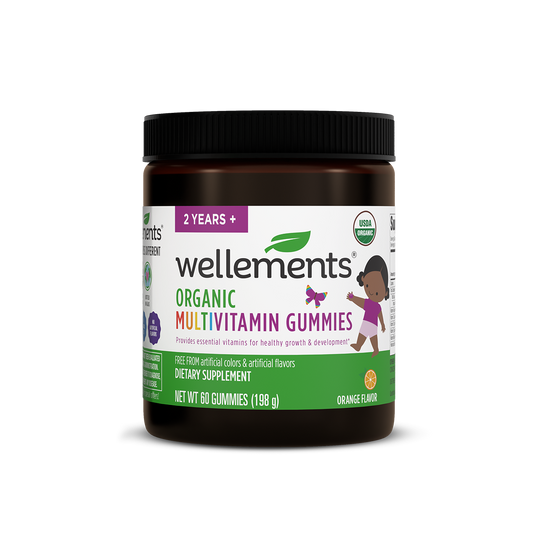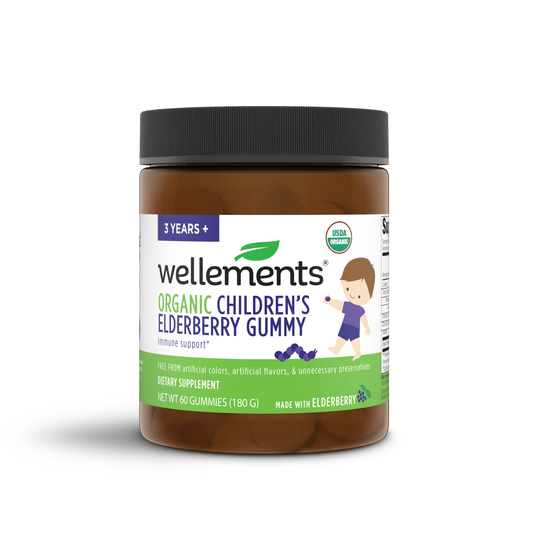The ABC's of Vitamins
| updated:Share

We are one big, complex, dynamic structure from the time we are conceived. Our bodies require essential nutrients-carbohydrates, proteins and fats to help properly form, grow and maintain health throughout our time here. For these macronutrients to be utilized, they rely on micronutrients-vitamins and minerals to direct and support the use of these building blocks.
The following is a simple overview of vitamins, highlighting their most vital functions and best food sources.
Vitamin A: essential for eye/vision, skin and bone health.
Best sources : fruits and veggies such as carrots, butternut squash, sweet potatoes, pumpkins. Best animal protein in source-liver.
B Vitamins: thiamin(1), riboflavin(2),niacin(3),
pantothenic acid(5), pyroxidine(6), biotin(7), folate(9), cobalamin (12) all have many commonalities in terms of their functions. Together and separately, they all critically support many complex pathways including energy production, metabolism, adrenal health, production and maintenance of red blood cells, nerve and neurotransmitter production and maintenance and many more.
Best sources of all the B vitamins are :
Eggs, meats, whole grains, legumes, avocado, dairy products, enriched grains and cereals.
Vitamin C: vital for immune function, skin health, support and maintenance of connective tissue in bones, skin and blood vessels.
Best Sources : citrus fruits, berries(especially strawberries), tomatoes, green leafy veggies.
4.4 /
5.0
(17)
17
total reviews
Children’s Multivitamin Gummy
Sale price
$21.99
Vitamin D: most important function is its maintenance of bone health, but is also been shown to be vital in the prevention of many other diseases such as cancer, heart disease and high blood pressure.
Best sources : Sunshine, fish, oils, egg yolk and fortified foods
Vitamin E: essential in red blood cell formation and muscle maintenance.
Best sources : avocado, vegetable oils, spinach, nuts and whole grains.
Vitamin K: regulates blood clotting and also assists in the maintenance of bone health.
Best sources : Leafy greens such as kale, broccoli, brussels sprouts and spinach, yogurt, cheeses.
Obviously, the best way to provide your growing baby with all these essential vitamins is to provide a wide variety of these foods discussed.
Your pediatrician will typically recommend you starting solids around 4 to 6 months of age, giving you suggestions on how best to do this.
To augment you babies nutrient intake, you can also discuss giving your baby a multivitamin with your provider, such as the one Wellements offers. I’m a fan of their infant liquid multivitamin because, like all their products, the ingredients are carefully sourced compared to their competitors. They are organic, non-gmo, and free of artificial colors, flavors, preservatives, alcohol, gluten, dairy and soy.
Vitamins drive our macronutrients to make a healthy us! Diet should always be the primary focus, but considering a safe multivitamin supplement should be considered, too!



